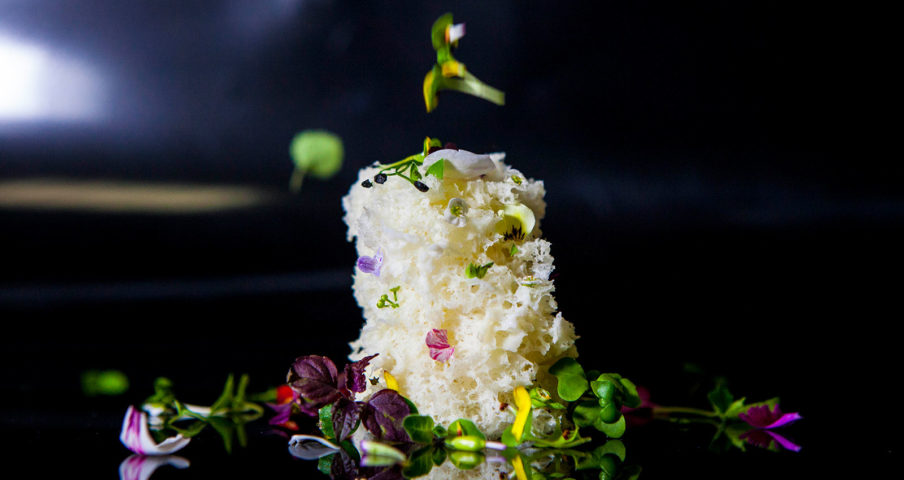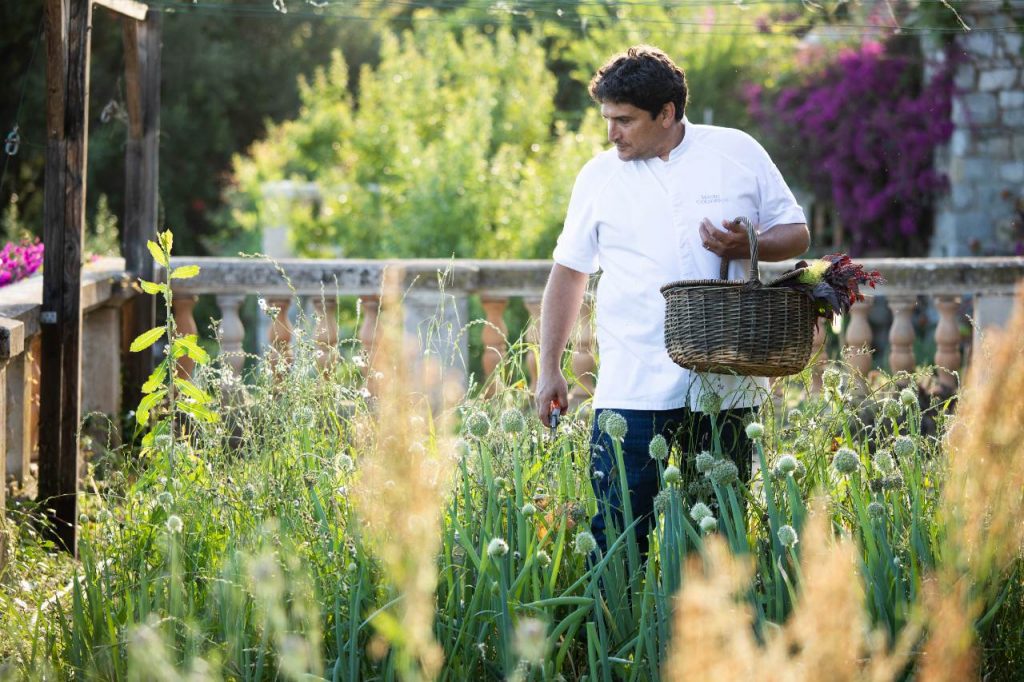A peek inside the Basque Culinary Centre, where chefs learn to save the world
From bad-tempered tyrants to tweezer-wielding perfectionists, popular culture loves to lampoon chefs. Rarely, however, are cooks cast as crusaders.
Words by Ute Junker
Photos Credit: Basque Culinary Centre
Originally published in Australian Financial Review
But the head of the Basque Culinary Centre in San Sebastián, Joxe Mari Aizega, believes chefs are among the world’s most effective change agents.
More than just a cooking school, the centre – which boasts a truckload of culinary heavyweights on its board including Juan Mari Arzak, Ferran Adrià, René Redzepi, Massimo Bottura and Heston Blumenthal – pursues an activist agenda that extends way beyond finding better ways to grill meat.
Take the Basque Culinary Prize, launched last July to celebrate chefs who use gastronomy as a tool for social change. The award carries an extraordinary prize pool of €100,000 ($150,000), which has to be reinvested in relevant projects.
The inaugural winner was Maria Fernanda Di Giacobbe, a Venezuelan chef who is helping local cacao producers to grow their businesses through improved production processes, fermentation and marketing. She connects small-scale producers with artisanal chocolatiers, and has a strong focus on gender equality and fair-trade practices.
“Di Giacobbe has trained about 8500 women and promoted many small companies created by women. She is a really inspiring example [of a chef for change],” Aizega says.
Her story is proof of the significant impact that food-based projects can have.
“In the last few years, more and more countries have realised gastronomy is an area of socio-economic development,” Aizega says. “Gastronomy is adding value to food production, through the restaurants sector, through tourism.”
“They have great biodiversity, the potential to add value to products, to make their quality products better known in the world and to attract tourism,” Aizega says. “Peru is a good example of how you can create a country brand through food and through cooking.”
Acclaimed Peruvian chefs such as Gaston Acurio and Virgilio Martinez have managed to build global reputations not just for their own outlets, for the country’s culinary heritage.
“I see that Australia has also invested quite a bit of money to attract attention to its gastronomy,” Aizega notes. “Now countries such as Mexico, Columbia, Argentina are making greater efforts to bring their gastronomy into view.”
One of the most remarkable things about the Basque Culinary Centre is just how broad its agenda is. From professional training to product development, from health-related research to developing new food concepts, this not-for-profit organisation is willing to tackle it. Ironically, when the organisation was first launched back in 2011, it had a much simpler brief: to improve the training of apprentice chefs.
The original impetus came from a group of respected Basque chefs. “They were saying, we need a new education for the future,” Aizega says. The chefs contacted Mondragon University in San Sebastian, where Aizega was a vice president, to explore a potential collaboration. “We started listening to them, and in time we discovered huge potential for new ideas, new products, new services.”
The Basque Culinary Centre’s educational offerings range from short courses designed for ongoing professional development to an undergraduate degree that turns old-school chef training on its head. In a world that seems ever more obsessed with food, one of the aims of the course is to make students aware of the many possibilities that are open to them.
“We want to show them the many different disciplines that intersect with cooking – applied science, physics, chemistry, biology – and the many different worlds they can access. We have graduates cooking, managing restaurants, working as sommeliers, but also working in research centres and TV production companies.” More than 500 students are currently enrolled full-time.
The Basque Culinary Centre could, perhaps, only have sprung up in the fertile soil of the Basque country. “I think it happened in the Basque country because of the ecosystem that was created here,” Aizega says.



